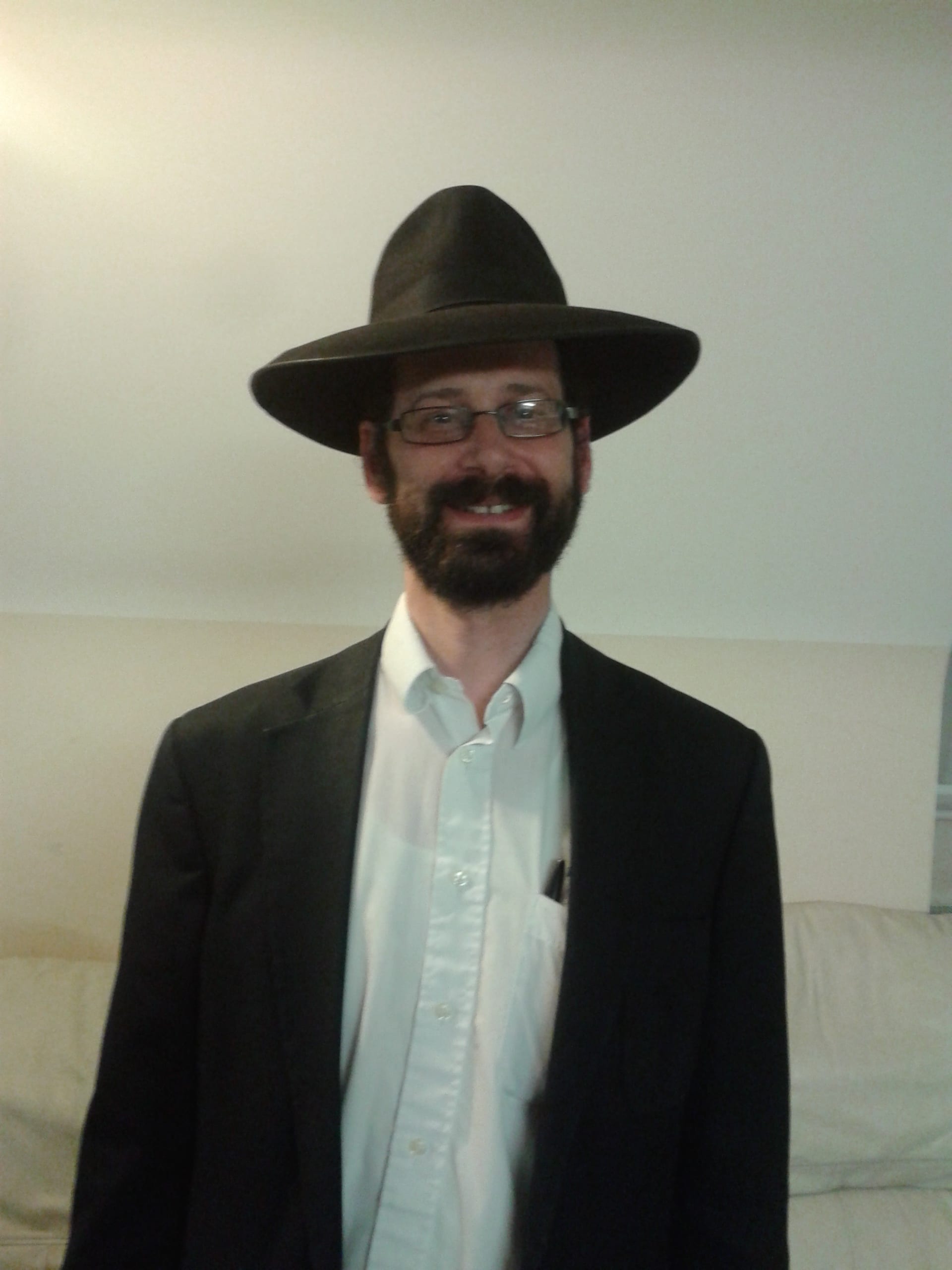
Yom Kippur is the highlight of the Aseret Yimei Teshuva, the ten days of repentance. How can we tap in to the special mercy of this day? There is a natural atonement in the day itself as the possuk says כי ביום הזה יכפר עליכם מכל חטאתכם. Why then do we spend the day in prayer, confessing our sins? This is for the higher levels of sins that require Teshuva (repentance), partially achieved through the Vidui (confessions) that we do most of the day.
When reciting the Vidui, we strike our chests saying how we sinned. Yet, we come across sins in the Vidui that we know we have definitely not transgressed! Why then do we not simply omit these sins that are not relevant to us? The Rambam was asked this and answered that we do not appreciate the depth of judgment. Each sin has multiple levels. This can range from merely thinking about it to actually doing it, with many levels, and facets of levels, in between. This being the case we almost certainly have transgressed every sin on some level! (Likutim on Pirkei Avos 2:8)
We start off with the Ashamnu that uses words that start with the twenty-two letters of the Aleph-Beit. Using all twenty-two letters expresses the fact that we recognize that our sins encompass everything. The Ashamnu is a more general confession of sins. After this comes the Al Cheit Shechatanu. This phrase precedes each item on a long list of specific sins. What lies behind these introductory words?
There are three parts to introduce each sin. Al Cheit comes to show that we recognise the sin itself and all the evil that comes with it. Shechatanu comes to say that we recognise we were the ones that did wrong and it was due to our lowliness listening to our evil inclination. Lefanecha means we recognise the gravity of the sin done before Hashem, the King of Kings. Then we go on to detail the specific sin.
Who are we trying to fool by saying that we are sorry when we then find ourselves sinning again after Yom Kippur? The answer is that it depends on our intentions whilst confessing. Someone who repents sincerely but later stumbles, is considered as having indeed repented but that afterwards the evil inclination got the better of him. This means that after repenting sincerely, a new calculation of sins begins, which is not linked to previous sins removed through Teshuva. (Mabit, Shaar HaTeshuva Chapter 6)
May we all be signed in the Book of Life with all good decrees for ourselves and the whole Jewish nation and merit that this year will see the coming of Moshiach.







